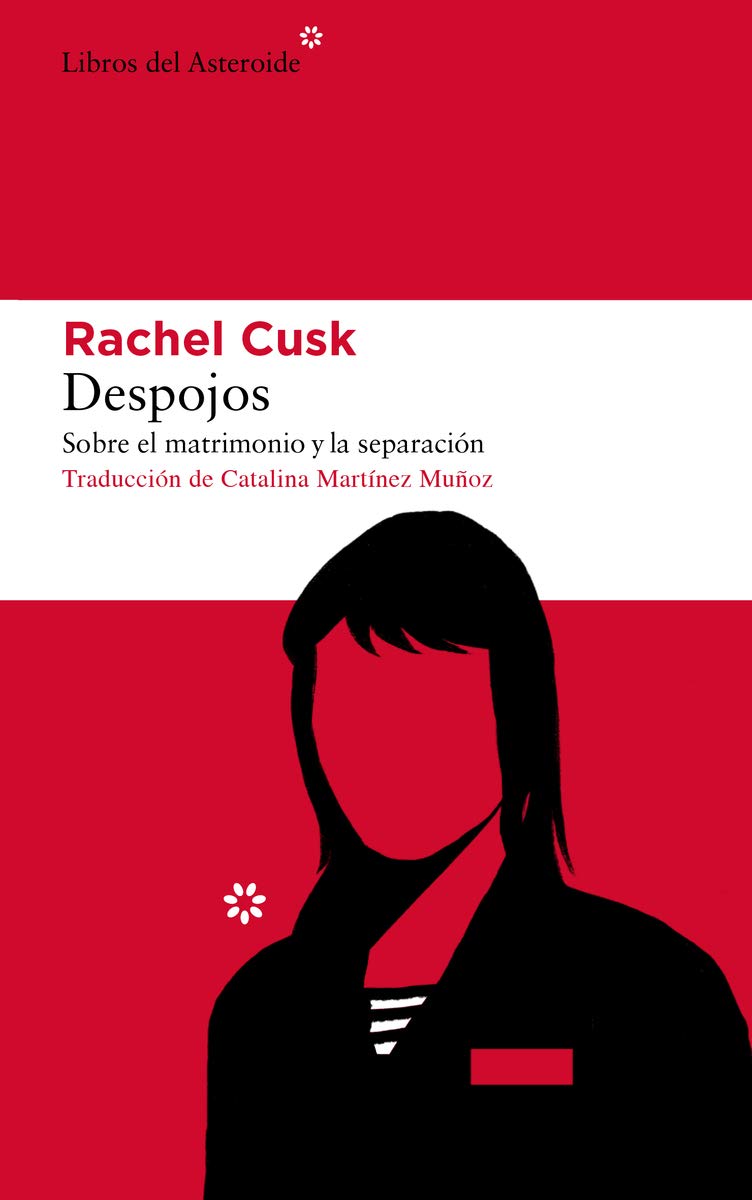What do you think?
Rate this book


176 pages, Paperback
First published August 1, 2012
“It is all aftermath, predicated on the death of what was before…Clytemnestra wants no more begetting. She wants the peace of equality but to get it she will have to use violence. To reach the aftermath, first there has to be the event itself.”Reading backwards through Cusk’s work, I realize this book is the third piece of a memoir in acts. It begs to read through in a sitting, her writing is so clear, so inescapable, so sharp, so quivering and naked. Her husband barely appears and yet we hear her silent wail, like reverberations impacting eardrums. The children are her Iphegenia, “the sacrifice that lies at the heart of all marriages.”
“Grief is not love but it is like love. This is romance’s estranged cousin, a cruel character, all sleeplessness and adrenalin unsweetened by hope.”“I blame Christianity,” she says, lashing out. “The holy family, that pious unit…has a lot to answer for….The day feeble Joseph agreed to marry pregnant Mary the old passionate template was destroyed.” Honesty. Where was it then? Where is it now?
“They probably didn’t even think about it. That’s just how people are.”Indeed they are. The chapter called “The Razor’s Edge” reminds us of Antigone, where sacred law meets state law. Creon is Antigone’s uncle who has ordered her not to bury her slain brother because of his alleged crimes against the state, of which Creon is in charge. Creon eventually retracts his threats, but too late. When Teiresias, the blind soothsayer, tells Creon to relent and forgive Antigone lest he perpetuate perversity, Creon first insults Teiresias, and then admits that he is frightened. This, Cusk tells us, is
“aftermath, the second harvest: life with knowledge of what has gone before…true responsibility is an act of self-destruction.”Am I wrong in suggesting that the narrator is right? We will all go through these stages in our life. Cusk is so close to it here, and so invested in her own version of it, that she does not realize this is natural, normal, perhaps even healthy. None of us was ever perfect, so perhaps a little self-destruction (read: ego-destruction) is called for. It’s the rebuilding that makes true love, true generosity possible. It happens regularly in good marriages: the breaking and restitching. Doesn’t it?
What he calls cruelty I call the discipline of self-criticism. A woman who loves herself is unprotected. She will be invaded, put in chains, left there in the primordial swamp to love her heart out.
Kurt was working for the summer in a chicken factory. He worked nights because the pay was better. On his part of the line they took out the chicken's insides, sealed them in a little plastic bag to preserve them, and put them back in the chicken again. Like education, Sonia said.
They had forgotten to propitiate Artemis, the goddess whose wind it was, as men forget at their peril to propitiate the women on whose willingness their plans and projects depend, for though women don't fight wars or build civilisation, all is conditional on their willingness for it to be done.
What I lived as feminism were in fact the male values my parents, among others, well-meaningly bequeathed me -- the cross-dressing values of my father, and the anti-feminine values of my mother. So I am not a feminist. I am a self-hating transvestite.
I was frightened of dying, not because I loved life but because I couldn't distinguish myself, couldn't gather together as one entity this self whose existence posited the fact of non-existence.